SDG 6.3.5 Water-conscious planting
1. The University thoroughly discusses and decides on all campus construction, plant cultivation, and removal activities during the Campus Construction Review Committee meetings before carrying them out. To conserve water, the campus primarily cultivates drought-tolerant plants, including comphor trees, Buddhist pines, China berries, dragon junipers, sweetolives, Lanyu podocarps, common crepe myrtles, Chinese ixoras, garden crotons, skyflowers, common jasmine Oranges, azaleas, orchid trees, and creeping figs (Figures 1 and 2), to reduce irrigation water consumption.
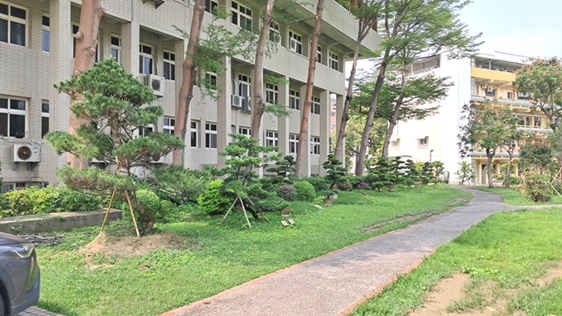
Figure 1. Jinde Campus - Buddhist pines grown along the trail near the Baisha Building
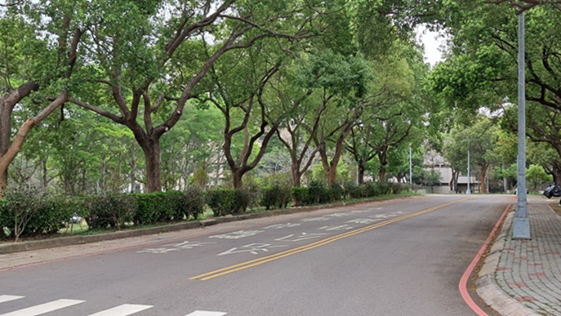
Figure 2. Baoshan Campus -comphor trees grown at the entrance of the campus
2. Additionally, sprinkler irrigation systems have been installed at both campuses (Figures 3-6). The systems were designed based on the principle of using the minimum possible number of sprinklers with maximum possible coverage area, and the daily irrigation time is strictly controlled to ensure optimal water supply for plants as well as to effectively save water consumption.
3. With a donation of US$500,000 from NCUE’s alumnus Chairman Jui-fen Shiao, the university is carrying out landscaping and planting improvements on both the Jinde and Baoshan campuses. From 2023 to the present, NCUE has planted a total of 1,839 seedlings, with 794 at Jinde Campus and 1,045 at Baoshan Campus, including common crepe myrtles, Buddhist pines, sargent junipers, black pines, Taiwan pines, crepe myrtles, green ebonies, pink shower trees, bald cypresses, ‘’white cloud trees, ‘’silver junipers, Camellias, paper flowers, and sweet olives.
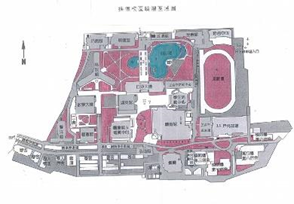
Figure 3: Jinde Campus sprinkler irrigation area map
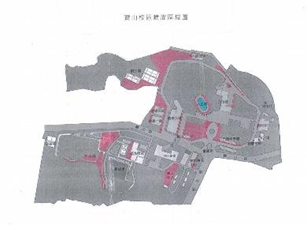
Figure 4: Baoshan Campus sprinkler irrigation area map
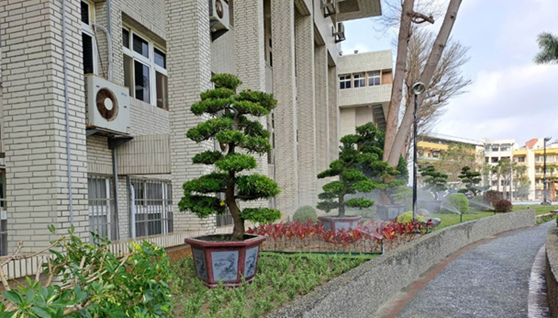
Figure 5. Jinde Campus - Sprinkler irrigation system is in the flower bed of the Baisha Building
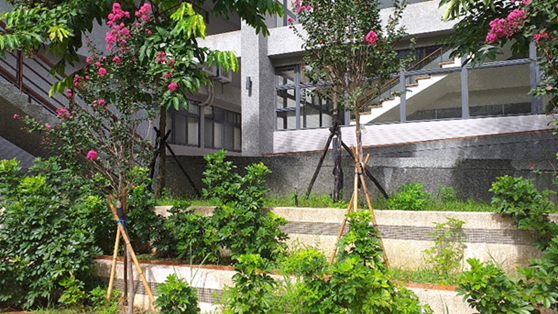
Figure 6. Baoshan Campus - Sprinkler irrigation system is in the flower bed of Student Dormitory No. 10

















